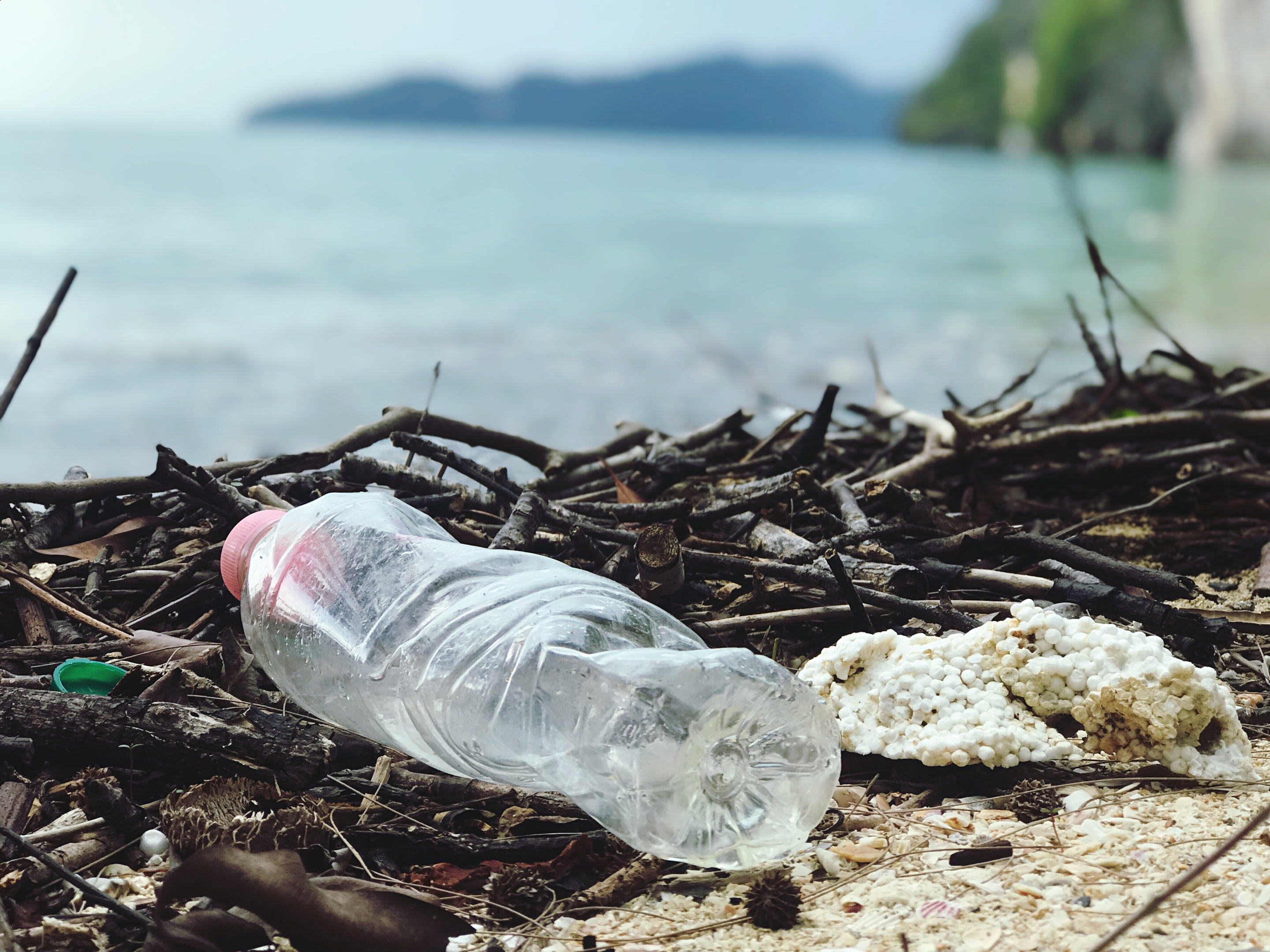Plastic pollution continues to be a pressing issue threatening our environment, with its adverse effects reverberating across the globe. Recently, a significant milestone was reached – Plastic Overshoot Day. In this blog, we delve into the significance of this event and explore the urgent need for collective action to address the plastic crisis and protect our planet.
A stark reminder of our plastic consumption habits

Plastic Overshoot Day, marked on July 28th this year, serves as a powerful reminder that our current plastic consumption patterns are pushing our planet to its limits. Just like Earth Overshoot Day, which calculates the day when humanity has used up its allocated resources for the year, Plastic Overshoot Day highlights the point at which we have consumed more plastic than our ecosystems can handle.
The plastic crisis unveiled
Plastic pollution has become an alarming global issue, infiltrating our oceans, rivers, and landfills. Single-use plastics, in particular, contribute significantly to the problem. These items, designed for convenience and short-term use, can persist in the environment for centuries, causing irreparable harm to wildlife, ecosystems, and ultimately, to us.
The impact on our planet
The consequences of plastic pollution are far-reaching. Marine life, including turtles, seabirds, and whales, often mistake plastic debris for food, leading to injury, starvation, and death. Microplastics, tiny particles that result from the breakdown of larger plastic items, have infiltrated our food chain, posing potential risks to human health. Plastic pollution also exacerbates climate change. The production, transportation, and disposal of plastic contribute to greenhouse gas emissions, further degrading our environment and accelerating the planet's warming.
What are the solutions to plastic pollution?
Plastic Overshoot Day serves as a crucial wake-up call, urging us to take immediate action. Here are some steps we can all take to combat plastic pollution:
Reduce single-use plastic:

Opt for reusable alternatives such as cloth bags, metal straws, and refillable water bottles. Small changes in our daily habits can make a significant difference.
Recycle Responsibly: Educate yourself about proper recycling practices and ensure that your plastic waste is disposed of correctly. Remember to rinse and sort your recyclables to improve the recycling process.
Support plastic-free initiatives:
Encourage businesses and governments to adopt sustainable practices. Choose products and companies committed to reducing plastic waste and supporting circular economy models.
At First Mile, we offer a range of circular economy services, from Mixed Recycling to Bulky Waste Collections.
Spread awareness
Share your knowledge about the plastic crisis with friends, family, and your community. Engage in conversations, participate in clean-up drives, and support organizations working towards a plastic-free future.
The power of collective action
To overcome the plastic crisis, we must work together. Governments, businesses, communities, and individuals all play crucial roles in creating a sustainable future. By aligning our efforts and implementing systemic changes, we can mitigate the devastating effects of plastic pollution and protect our precious ecosystems.
Final thoughts from Bruce Bratley, Our CEO.
“This is yet further evidence that we need to get our own house in order and do more to recycle our plastic waste and build UK recycling collection and processing infrastructure. Of the main materials we consume, plastics are the least recycled, and there's a lot of opportunity to recycle them more widely.”
Plastic Overshoot Day serves as a stark reminder of our unsustainable plastic consumption practices and the urgent need for action.
By adopting sustainable alternatives, recycling responsibly, supporting plastic-free initiatives, and spreading awareness, we can all contribute to a plastic-free future. Let us take up the challenge and work collectively to ensure a healthier, cleaner planet for generations to come.
Click here to read the full report


